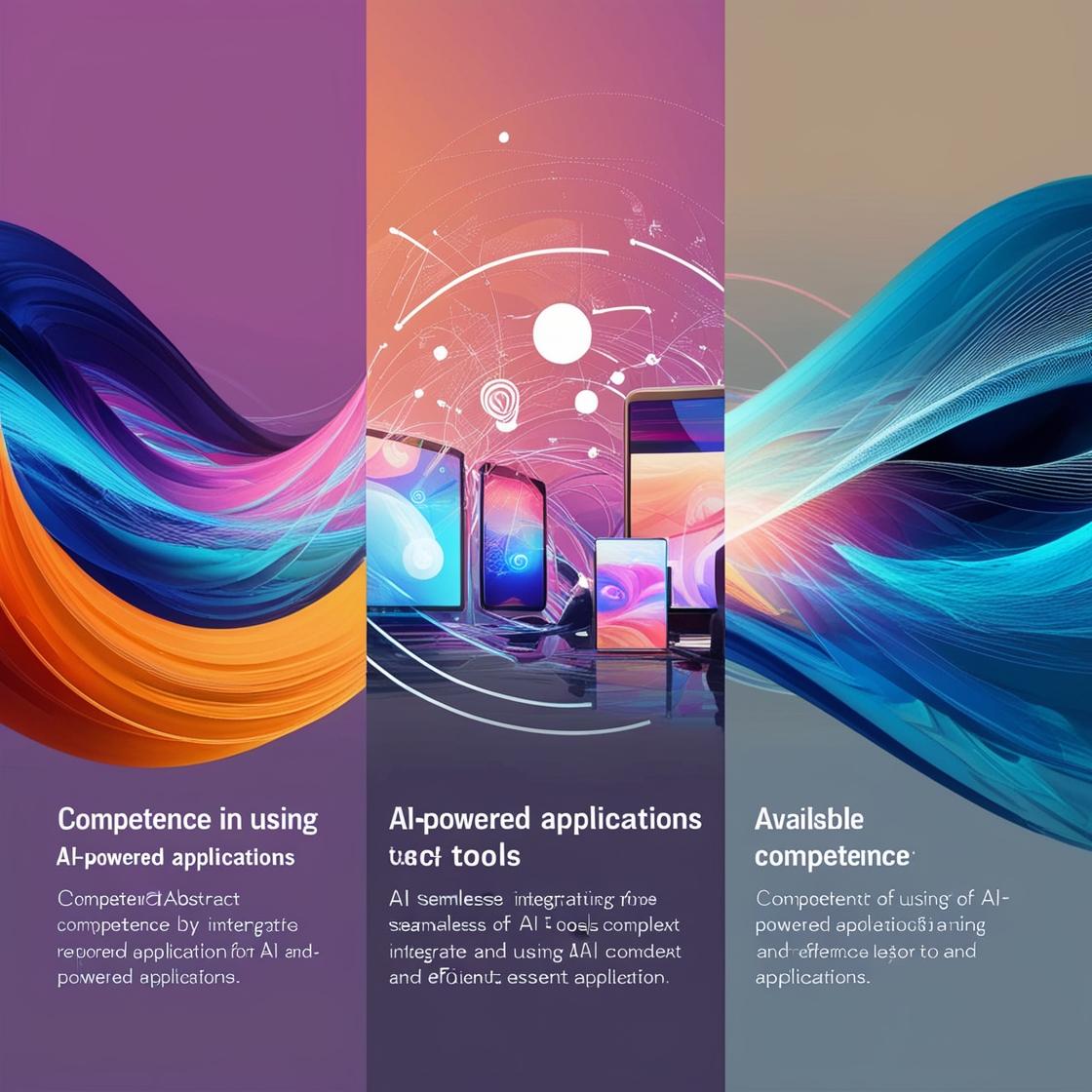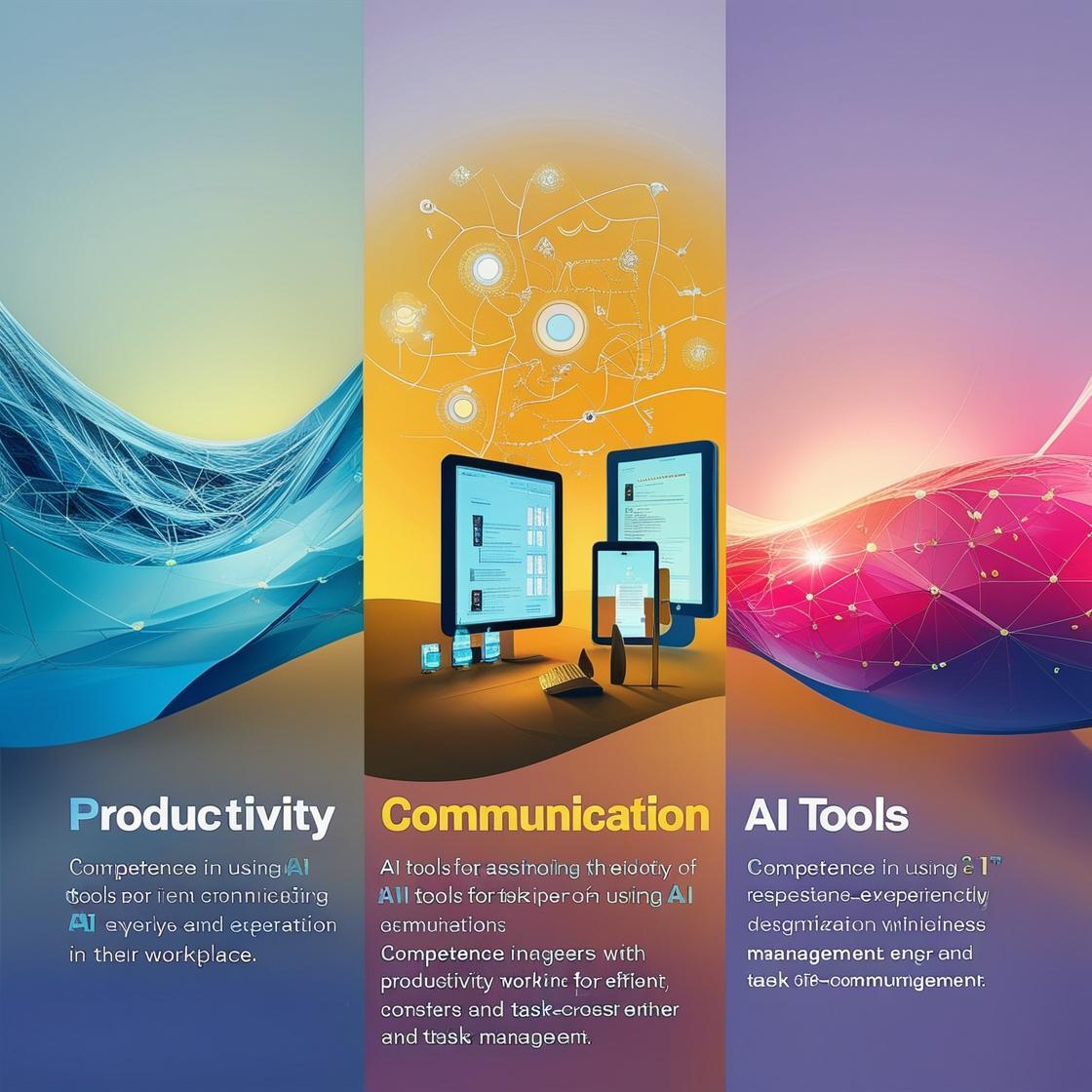Learning Outcomes: What Learners Will Be Able to Do
This section outlines the core competences, knowledge, and skills adult learners are expected to gain by the end of the AI training. The outcomes are designed to ensure learners can confidently use AI tools in both personal and professional settings. From managing everyday tasks and improving communication to writing emails and organizing work schedules, learners will develop practical, hands-on abilities with real-world applications—along with an understanding of the opportunities and limitations of AI in daily life.

Everyday AI Skills for Personal Life
Competence
To recognize and use simple AI-powered applications and features to assist with routine daily activities. This includes organizing tasks, setting reminders, accessing helpful information, communicating more easily, and using virtual assistants or mobile apps to enhance convenience and independence in everyday life.
Knowledge (at course completion)
- Understand what AI tools are and how they can assist with everyday tasks (e.g., reminders, suggestions, voice assistance, training, health monitoring, Leisure Time)
- Recognize common AI-powered features in devices such as smartphones, tablets, or smart home tools
- Know the basic functions of AI apps used for daily organization (e.g., Google Assistant, Alexa, calendar apps, grocery list apps)
- Understand the potential benefits and limitations of using AI in personal life (e.g., time-saving vs. over-reliance)
Skills (at course completion)
- Use voice or text-based AI assistants to set reminders, alarms, or calendar appointments
- Create and manage simple lists (e.g., shopping, to-do) with the help of AI tools
- Ask AI tools questions to get helpful information (e.g., weather updates, directions, recipe suggestions)
- Use translation tools or speech-to-text features to support communication in everyday situations
- Interact with AI tools confidently and safely, adjusting basic settings if needed
Practical AI Skills for the Workplace
Competence
To identify and use simple AI-powered tools to assist with everyday work-related activities. This includes writing short texts, organizing tasks, managing schedules, improving communication, and finding information more efficiently. The focus is on practical, supportive use of AI to increase productivity, reduce repetitive tasks, and enhance confidence in digital work environments.
Knowledge (at course completion)
- Understand what AI tools are and how they can support simple work-related tasks
- Be familiar with common AI applications in the workplace (e.g., writing assistants, scheduling tools, virtual meeting support)
- Know the basic functions of AI tools used for communication, task management, and content creation
- Understand the benefits and potential risks of using AI in a work context (e.g., saving time vs. checking for accuracy)
Skills (at course completion)
- Use AI tools to write or improve short texts, such as emails, notes, or reports
- Use AI-powered tools to summarize information or generate simple content
- Apply AI apps for basic planning tasks, like scheduling meetings or setting reminders
- Use AI to support communication (e.g., using translation tools or automated replies)
- Interact with AI tools safely and responsibly, checking content before sharing or using it in a professional setting


